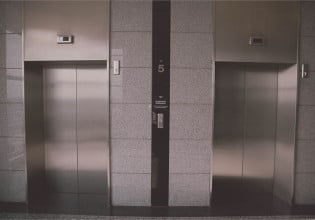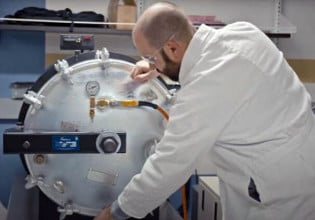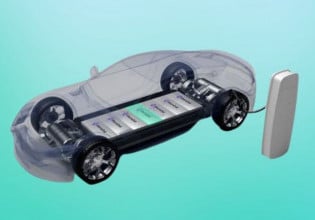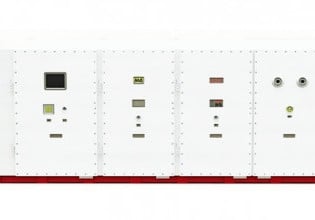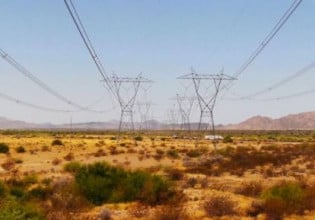SMUD First in US to Change Efficiency Metric to “Avoided Carbon”
The Sacramento Metropolitan Utility District (SMUD) board voted to change the metric by which it measures the progress of its energy efficiency investments, switching from energy savings to avoided carbon emissions, making it the first entity in the United States to do so. The change will enable SMUD’s energy efficiency programs to focus investments on those that reduce carbon emissions at the lowest possible cost to customers and clear the way for expanded investments in building electrification alongside traditional efficiency approaches.
“With carbon as our new measuring stick, helping our customers go all-electric will be as important as helping them use less energy,” said Rachel Huang, director of Energy Strategy, Research and Development. “Additionally, because this change encourages electrification, our customers will benefit from improved indoor air quality and reduced monthly energy bills.”
Under SMUD’s recently-adopted Integrated Resource Plan, building and transportation electrification are key strategies to achieve net zero carbon emissions by 2040. Switching to avoided carbon as a metric for energy efficiency investments aligns SMUD’s energy efficiency program with its net zero-carbon emissions goal.
Historically, helping customers use less electricity has been an effective way for SMUD to meet increasing electricity demand, manage peak demand and help customers save on their utility bills. With the growth in renewable energy supplies and the imperative to reduce carbon emissions, SMUD’s approach to energy efficiency has expanded, and the utility recently integrated building electrification into its energy efficiency programs to help customers take advantage of clean, renewable electricity supplies.
Building electrification involves switching from gas-powered appliances and heating/cooling systems to electric-powered heat pump water heaters, induction cook tops, HVAC heat pumps and other appliances. These systems are less expensive to operate, more energy efficient, and provide added health and safety benefits to customers.
For example, research shows that heat pumps are three to seven times more efficient than comparable natural gas-fired space and water heaters. SMUD estimates that within its service area, new homes will save $325 a year and existing homes $500 a year on average just by going all-electric.
“Building electrification is now a critical part of our energy efficiency program,” said Huang. “Electric appliances and heating systems are more efficient, and they have the added benefit of running on clean, renewable electricity.”
By incorporating electrification into the energy efficiency portfolio and shifting the metric to carbon, SMUD expects to more than double the environmental benefit of its programs and significantly improve customer benefits.


